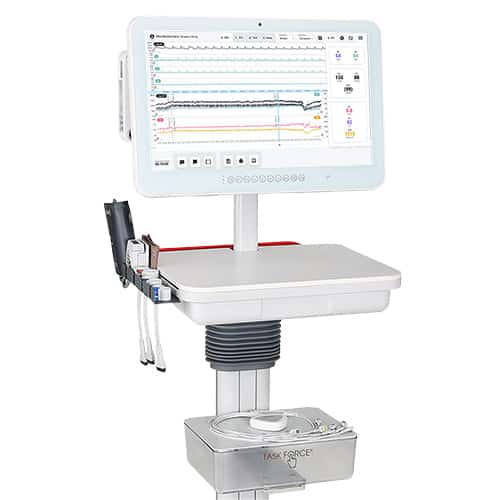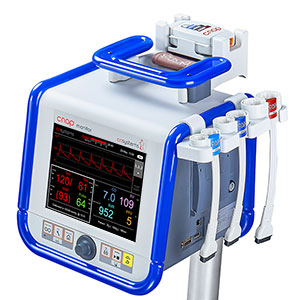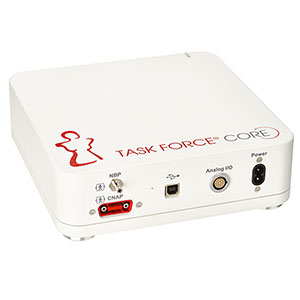Publications and scientific proof
Confirming trust in over 20 years of experience
More than 1,100
peer-reviewed publications worldwide
More than 1,100 peer-reviewed publications show the utility of the CNAP® technology in a wide range of clinical & research contexts.

Psychophysiology/
Mental Health

Sports

General Physiology

Neurology

Pharmacology

Pediatrics

Syncope /
Tilt Testing

Anesthesia

Cardiology

Fluid Management

Cesarean Section

Vascular Surgery
DISCOVER
OUR PRODUCTS
Innovative CNAP® technology integrated in easy-to-use devices and solutions.

Task Force® Touch CARDIO*
State-of-the-art syncope assessment and autonomic function testing.

CNAP® Monitor
Non-invasive monitoring of blood pressure and advanced hemodynamics for medium and low risk surgery.

INTERESTED IN REGULAR UPDATES ON
LITERATURE AND PUBLICATIONS ?
VIEW EXAMPLE HERE
Apply for our literature service newsletters!
